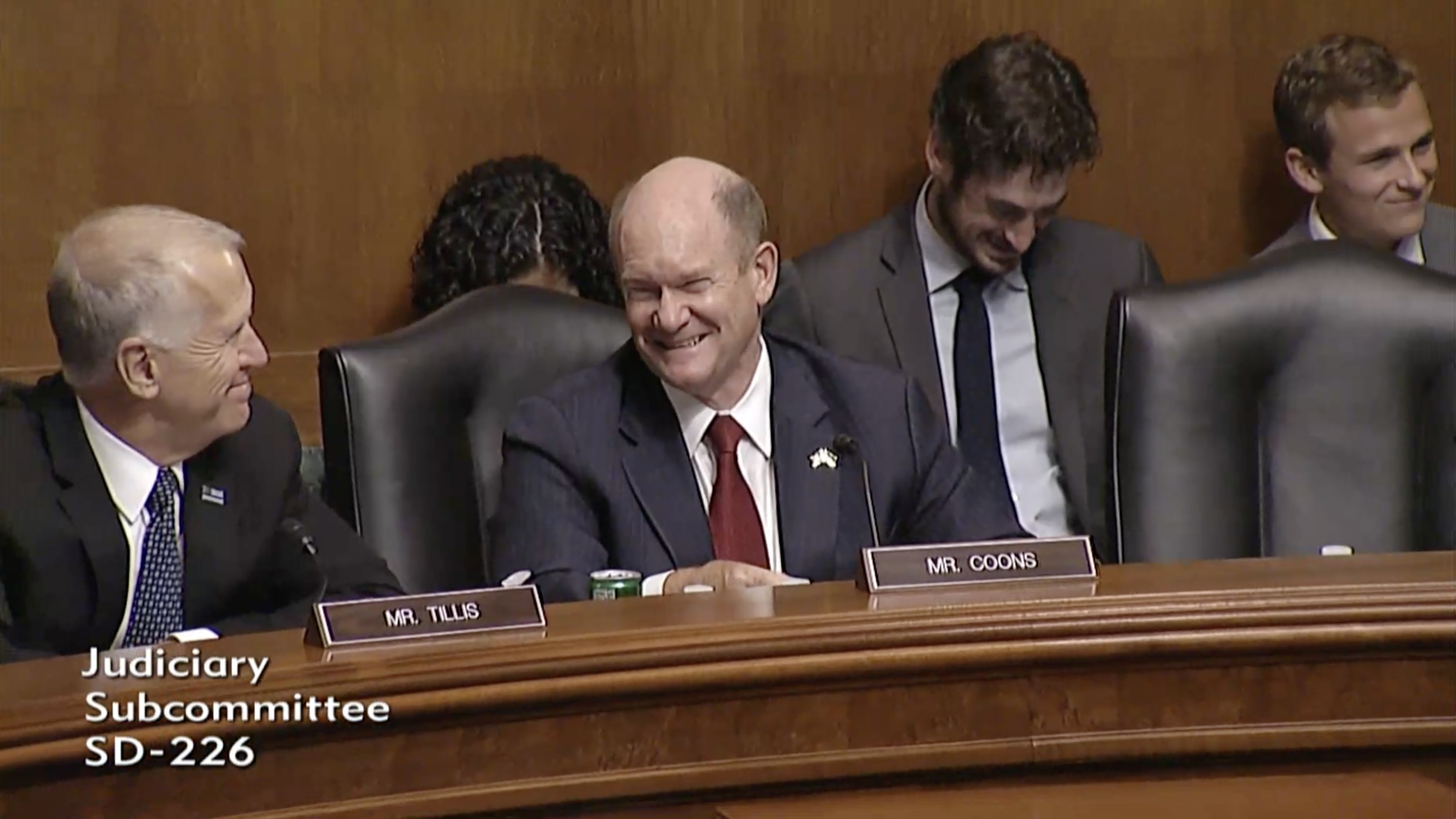
March 29, 2024 | The American Prospect
Senators’ Latest Attempt to Enrich Big Pharma Must Not Prevail
The patent system exists to promote scientific innovation to benefit the public, not to enrich private interests regardless of the merits of their scientific contributions. Yet that is precisely what PERA and PREVAIL would do by granting Big Pharma even more sweeping government monopolies and associated price-gouging power.
February 06, 2024
Civil Society Comment on the Draft Interagency Guidance Framework for Considering the Exercise of March-In Rights
Unfortunately, despite numerous petitions presented over the 40-plus year history of the Bayh-Dole Act, not once has a federal agency exercised its right to march-in and license competition to remedy price gouging (which constitutes a failure of the owner of a subject invention to make that invention available to the public on reasonable terms), or otherwise.
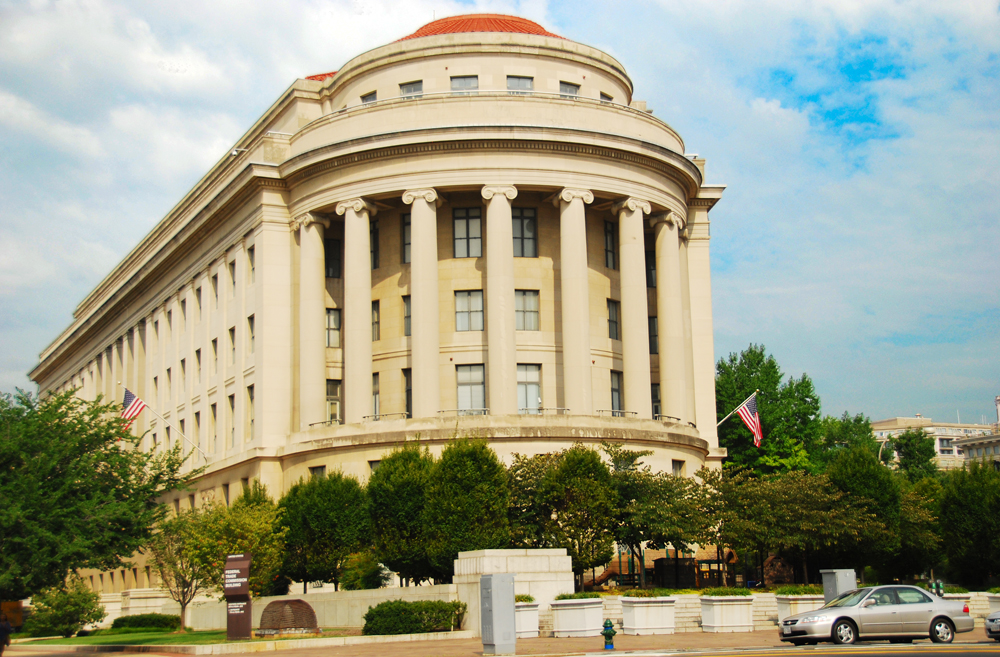
January 26, 2024
The FTC Ain’t Nothin to Mess With
The FTC has won its lawsuit against Martin Shkreli, the pharmaceutical executive infamous for jacking up the price of the antiparasitic drug Daraprim from $13.50 to $750 overnight in 2015 and later using his ill-gotten fortune to buy an exclusive Wu-Tang Clan album for $2 million. Shkreli is the quintessential corporate ghoul, having already racked up convictions for securities fraud—which resulted in an indefinite ban from the securities industries—and failure to pay $1.26 million in New York state taxes. Now, his price gouging has finally caught up with him, as the FTC successfully argued that he spearheaded an anti-competitive scheme to monopolize the drug. The presiding judge found Shkreli’s conduct to be “egregious, deliberate, repetitive, long-running, and ultimately dangerous,” issuing a $64.6 million fine and imposing a lifetime ban from the pharmaceutical industry.

September 01, 2023
RELEASE: Judge Invested in Big Pharma Shouldn't Try Case on Big Pharma Profiteering
The Revolving Door Project’s Ananya Kalahasti and Will Royce released the following statement regarding the US Chamber of Commerce’s lawsuit regarding the Inflation Reduction Act’s Medicare prescription drug negotiation program, and a financial conflict of interest regarding the judge in the Southern District of Ohio.

September 01, 2023
Big Pharma Sues To Keep Drug Prices Sky High
While the Inflation Reduction Act might be a new approach to drug prices, Big Pharma’s strategy of suing to keep prices high is a years-old strategy.
August 29, 2023 | The American Prospect
Who’s Running Big Pharma’s Last Stand Against Slightly Fairer Drug Pricing
One year after IRA passage, bad actors try to thwart drug price negotiation, and Biden’s efforts to defend it fall short.
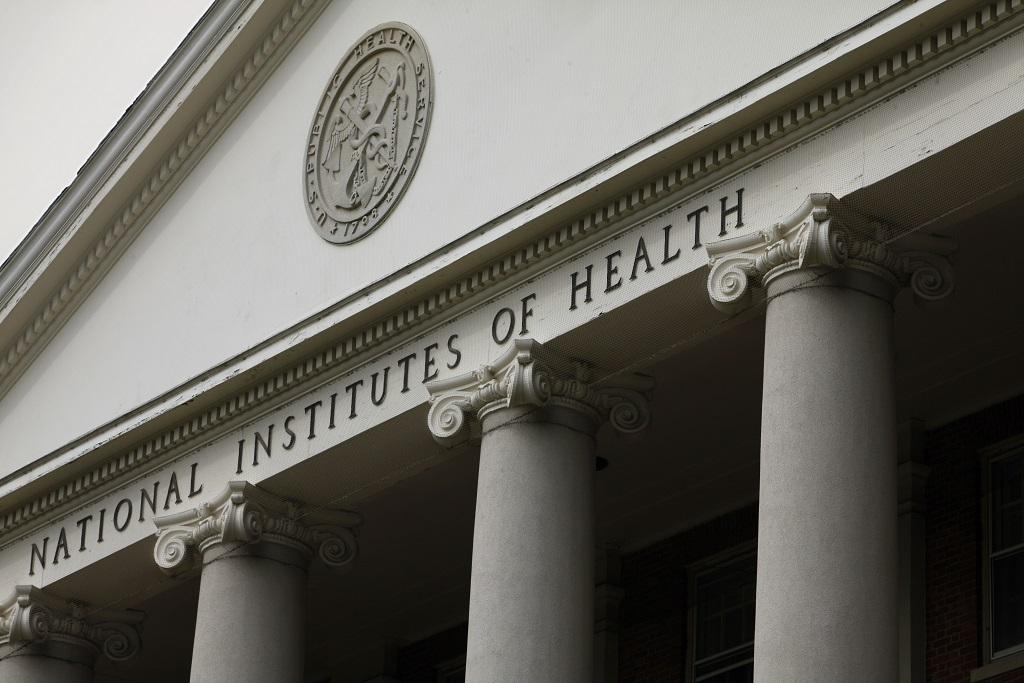
June 23, 2023 | The American Prospect
The Obscure NIH Official Blocking Lower Drug Prices
Mark Rohrbaugh, a mid-level staffer at the National Institutes of Health, has consistently blocked the use of march-in rights to seize patents on high-cost drugs.
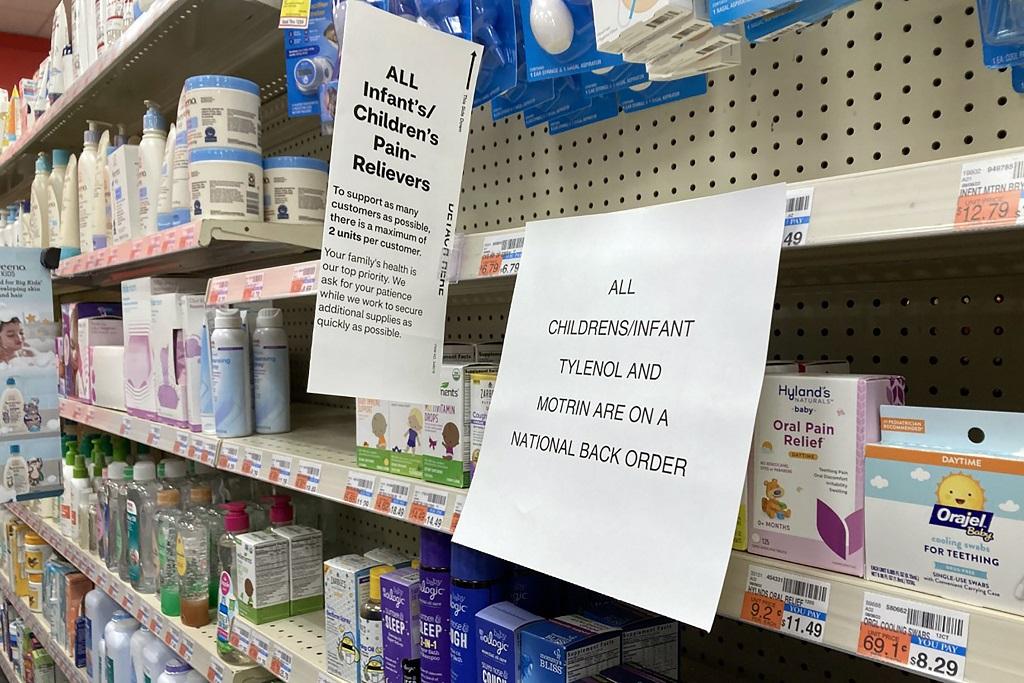
December 23, 2022 | The American Prospect
Biden Must Wield the Power of the Defense Production Act to Rein In the Tripledemic

July 26, 2022
Activists to Biden: Share Walter Reed Army Vaccine With the World
If the Walter Reed vaccine proves effective against Covid-19 and its variants in further tests, it will be a vaccine wholly created by a public institution through use of public funds. Every aspect of the vaccine production process should be widely and freely shared to ensure globally distributed manufacturing. Widespread, equitable availability of effective vaccines at truly affordable prices would go a long way in achieving your stated goal of vaccinating the world.
July 26, 2022
Advocates to President Biden: Don’t Give Away New Publicly-Owned Coronavirus Vaccine Technology to Corporations
In advance of the White House Summit on the Future of COVID-19 Vaccines today, 29 groups including Public Citizen, Demand Progress and Revolving Door Project, a project of the Center for Economic and Policy Research, sent a letter to President Joe Biden urging him to ensure that pan coronavirus vaccine technology currently under development by the U.S. military remain public, and shared with the world.

April 27, 2022 | The Lever
Will Biden's New COVID Czar Protect The World Or Big Pharma?
In his gig as a global health consultant at a powerful D.C. business strategy firm that has financial ties to one of the two major COVID-19 vaccine manufacturers, Jha has kept his client roster under wraps despite publicly promising to release a client list.

April 25, 2022 | The American Prospect
Where's The Congressional Champion On Pharma Patent Abuses?
But for all of this, neither party’s congressional leaders have directly challenged the main legal mechanism that accounts for those high costs—namely, intellectual property. You’d think members of Congress would recognize the political salience of picking a fight with one of the most hated industries in America. So why isn’t anyone on Capitol Hill even talking about intellectual property’s role in driving high drug prices, and taking the PTO to task to do something about it?

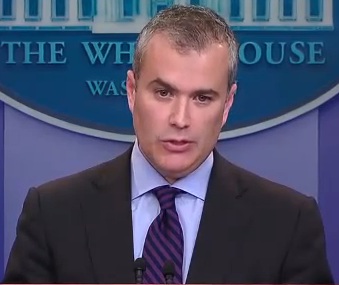
January 13, 2022 | The American Prospect
Fire Jeff Zients
Biden’s COVID czar has gone from ‘Mr. Fix-It’ to grim reaper, steering the administration’s pandemic response to catastrophic lows.

January 11, 2022
The Case For Vaccine Equity
To truly bring an end to the Covid-19 pandemic which has ravaged the globe, the Biden administration must embrace a strategy of vaccine equity.
